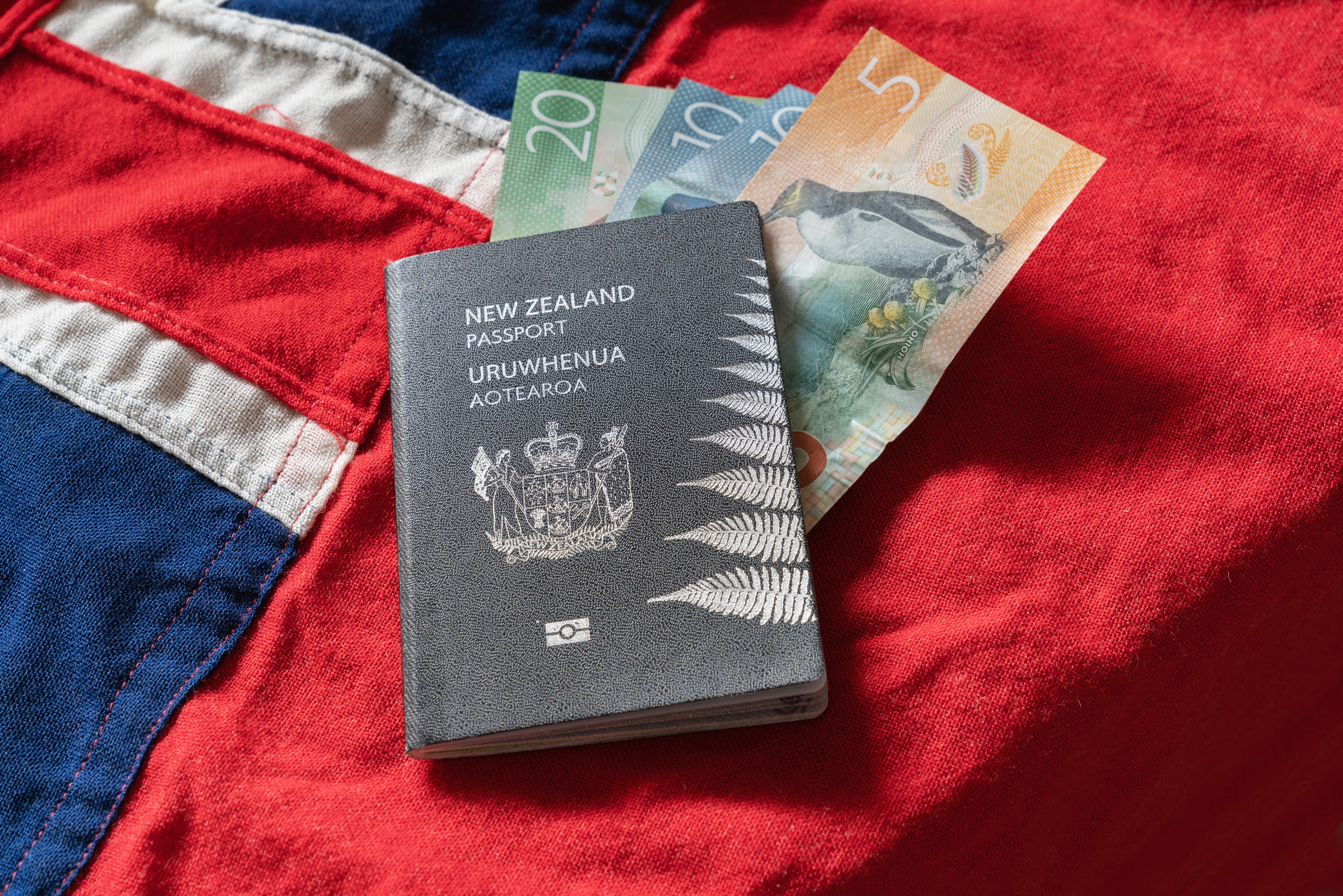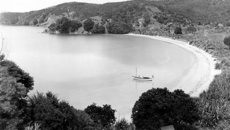
Perhaps the current cacophony of voices castigating New Zealand’s foreign policy is simply attributable to the aggravations of impotence. Out of power, and likely to remain so for some time, what currently passes for the New Zealand Left has been reduced to demonstrating one of the harshest truths about incapability: the less power you have, the more noise you make.
In the conduct of foreign affairs, silence is golden. Silence forces one’s neighbours to infer, assume, or just plain guess at what is going on in the minds of a nation’s policy-makers. Such statements as a foreign minister cannot avoid making should always aim for a mixture of blandness and opacity.
When a small country’s communiques are being talked about by other foreign ministers then their authors have all-too-clearly erred. If the country’s neighbours cannot effortlessly predict what its foreign minister will say, and then forget it more-or-less instantly, then he is clearly destined to cause his government no end of trouble.
Certainly, no end of trouble would be the result if the New Zealand Left was in charge of formulating and articulating this country’s foreign policy. Its stance towards the Russian invasion of Ukraine, for example, would be as equivocal as its unqualified support for the Palestinian “resistance” is brazen.
Undoubtedly, New Zealand would have stood alongside South Africa at the International Court of Justice in The Hague in support of its claim that Israel is committing “genocide” in the Gaza Strip. The Israeli ambassador would have been sent packing the moment the first Israeli bombs began to fall, and the New Zealand Government would have moved with equal swiftness to ban Israeli imports.

Equally certain would have been the Left’s loud condemnation of the United States’ and the United Kingdom’s attack on the Houthi regime responsible for attacking commercial vessels transiting the Red Sea. The fanatical character of the Houthi government’s interpretation of Shia Islam – especially its oppression of women and girls – would have been overlooked. Its acts of “solidarity” in support of Hamas’s terrorism, on the other hand, would be praised to the skies.
The consequences of such noisy “diplomacy” would not, however, be in New Zealand’s interests. The Left’s message to the rest of the world would be unmistakable: New Zealand has abandoned its longstanding strategic relationships with the English-speaking nations in favour of building new ones with the nations of the “Global South” and their authoritarian backers, the Russian Federation and the Peoples Republic of China.
The great fear among New Zealand’s “very, very, very good friends” would be that this recklessly left-wing government would seek to shore-up its now shaky strategic position by offering military concessions to its most important trading partner, China.
The nightmare scenario, from the perspective of New Zealand’s former allies in Australia and the US, would involve the New Zealand Government granting access to China’s ships and aircraft – instantly compromising Australia’s eastern flank. Were such treachery considered likely, New Zealand would immediately become the target for Australian and American destabilisation.
It is probable, however, that the fears of New Zealand’s former friends would be misplaced. The Left’s noisy diplomats would doubtless go on to condemn the Chinese government for its “genocidal” policies afflicting Muslim Uighurs in Xinjiang and indigenous Tibetans in Tibet.
On a roll, the Left would then upbraid Beijing for its abrogation of international maritime law in the South China Sea. (Although, given the left-wing government’s strong support for the Houthis’ violations of the Law of the Sea, it is difficult to see this criticism of China being taken very seriously.) Australia, in particular, would harbour no illusions about Beijing’s response to New Zealand’s “principled” diplomatic stands.
For ordinary New Zealanders, the upshot of all this noisy diplomacy would be dire. Our defection from the Anglosphere would make enemies of some of the wealthiest and most powerful nations in the Indo-Pacific region – and the world. Punishing New Zealand for its sheer nerve would be a high priority – if only to encourager les autres. Most likely the retribution would be delivered invisibly by the application of unbearable financial pressure. Like Chile’s 50 years ago, New Zealand’s economy would be made to “scream”.

Seeking Chinese “protection” from this economic warfare might be possible, but only at the price of New Zealand’s independence. The Left’s insistence on an “independent” and “ethical” foreign policy would, almost certainly, end with New Zealand becoming a Chinese vassal state. Without independence. Without morality. Without anything.
As with so many things, the Left’s idealistic approach to their country’s foreign policy is bereft of realism. New Zealand is a wealthy, English-speaking nation situated, implausibly, at the bottom of the South Pacific. It is indeed – as the Left is constantly lamenting – a product of British colonisation. Were it not, it would be as poor as Madagascar.
With a population of just five million, however, New Zealand needs powerful friends. What that means is that New Zealand diplomacy has just one, over-riding, objective: to make as many powerful friends as it can – and keep them.
That this little nation has proved astonishingly successful at doing exactly that is remarkable. Initially, it cleaved to the liberal-democratic/capitalist values of the British state that founded it and made it rich, and then, post-World War II, by cosying-up to the English-speaking, liberty-loving Americans. Very conveniently for New Zealand’s national security, the nuclear-armed US was powerful enough to transform the Pacific Ocean into an American lake.
What’s more, New Zealand has become a modern nation at very little cost to itself. Twenty-four thousand dead, spread across two world wars, is hardly an excessive butcher’s bill. (The British lost that many in less than two days at the Battle of the Somme.) To secure their eastern flank, the Australians have had no real strategic choice except to make New Zealand their second-best mate.
In this regard, the country’s geographical location, for once, works for it, not against it. Even more fortuitously, US, Japanese and EU investment in China made its middle-class rich enough to take all the milk powder New Zealand could send them.
But, a rising China, confronted by a declining US, makes for an extremely complex geopolitical game. To keep its footing, New Zealand cannot afford to seriously annoy either of its giant friends. That is why New Zealand diplomacy shuns excessive noise. Its foreign minister and diplomatic corps say as much as they have to, and not a word more.
Certainly, their kit does not include a megaphone. By and large, both the US and China are content to allow little New Zealand to have the best of both worlds. Attempting to force its hand would only drive it into the arms of the offending giant’s rival.
New Zealanders’ laconic taciturnity is perfectly suited to their nation’s tricky diplomacy. Certainly, it explains why, in New Zealand’s relations with a big and dangerous world, a considered silence will always speak louder than angry words – no matter how “principled”.
Take your Radio, Podcasts and Music with you








